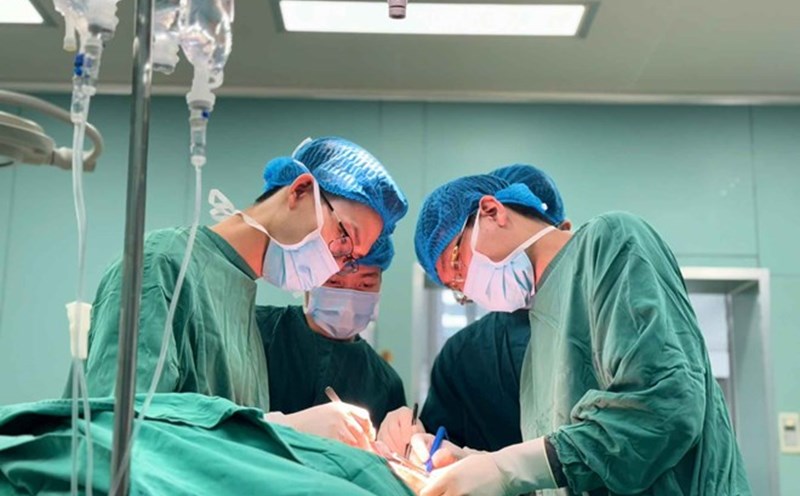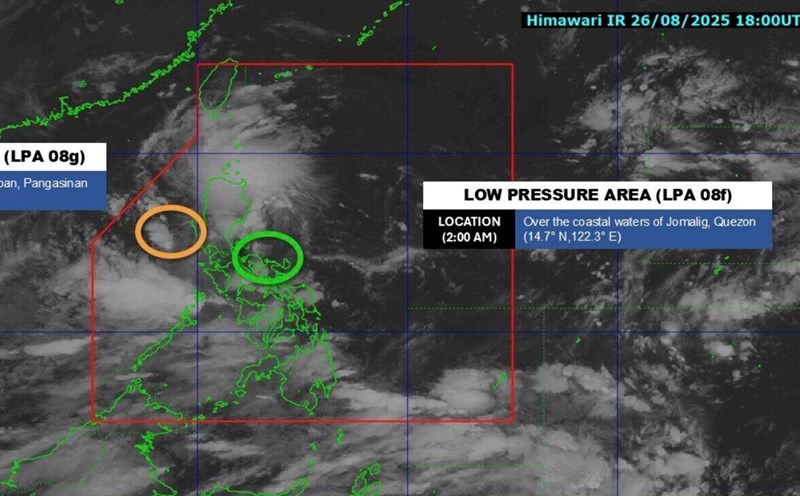The draft Decree regulating salary policies, allowances, support and attraction regimes for teachers is attracting great attention when narrowing the number of beneficiaries of position allowances to only 3 leadership positions at general education and preschool institutions.
According to the provisions of sub-section 1, Section IV of Circular 33/2005/TT-BGDDT, currently the position allowance coefficient in general education institutions and preschools is applied quite widely, not only to Principals and Vice Principals but also includes Heads, Deputy Principals and equivalent positions. The allowance level ranges from 0.15 to 0.70 depending on the school class and level of education.
For example, Principals of Grade I High Schools are entitled to an allowance coefficient of 0.70; Vice Principals of Grade I are entitled to 0.55; while Heads of Professional Schools are entitled to 0.25 and Deputy Principals are entitled to 0.15. Similarly, at primary and preschool levels, many professional positions are also eligible for position allowances according to current regulations.
However, to ensure consistency when the Law on Teachers takes effect from January 1, 2026, the Ministry of Education and Training is drafting a Decree regulating salary policies, allowances, support and attraction regimes for teachers.
According to Article 7 of this draft, from 2026, only 3 leadership positions at general and preschool education institutions will receive position allowances, including: Principal, Vice Principal and Chairman of the School Council. Specifically:
At provincial specialized schools and high schools, Principals receive an allowance coefficient of 0.70; Chairman of the School Council 0.60; Vice Principals 0.55.
At the secondary, primary and preschool levels, Principals are entitled to a coefficient of 0.55; Chairman of the School Council 0.50; Vice Principals 0.45.

This new proposal is said to be aimed at streamlining policies, focusing on key leadership positions in educational institutions. However, the narrowing of subjects is also raising many concerns in the industry, especially when group leaders and deputy group leaders still play an important role in managing and operating professional activities at schools.
The above points are draft, not yet officially issued regulations.











